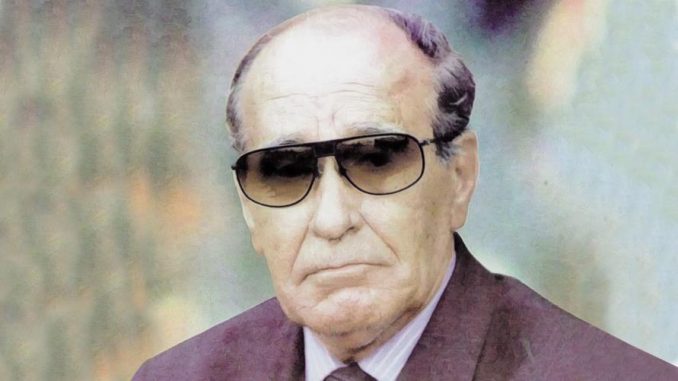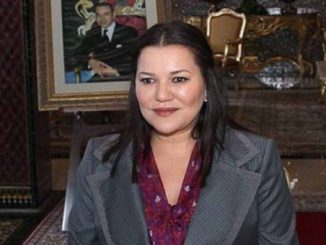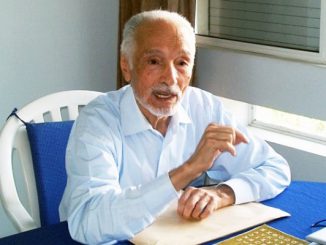
January 8 is the anniversary of the death of Moroccan leader and activist Abderrahim Bouabid, who died in 1993, leaving behind him a legacy that current and future generations can only praise and respect.
Abderrahim Bouabid was born in 1922 in Salé into a poor family. He entered the Moulay Youssef high school in Rabat, and it was there that he had his first entry into patriotic action, notably through a group of classmates who had joined the secret resistance. Mehdi ben Baraka, who was studying in the same high school, was part of this group, but he only met him later, at a ceremony organized by General Nouki, then a French resident general, in honor of the brilliant pupils. But his actual involvement in the ranks of the national movement would only take place in Fez, where he settled to work as a teacher.
Abderrahim Bouabid joined the ranks of the Istiqlal Party, becoming, after years of political activism, one of its most important militants.
Bouabid’s popular protests against colonial policy resulted him to multiple prison sentences imposed by the French colonial authorities on several occasions.
Bouabid went to Paris to pursue his studies in law and political science. This was a decisive step in his political career, as it was during his stay in Paris that he was able to meet many important personalities, such as the French writer Albert Camus and the journalist and historian Jean La Couture, and to build up a wide network of contacts that enabled him to better defend his country’s independence.
Upon his return to Morocco, Bouabid joined the bar in 1949 and began defending his country’s activists before the courts, just as he continued to fight against the colonizer. Thus, he was the youngest signatory of the independence manifesto and one of its creators, just as he participated in the negotiations in Aix-Les-Bains in 1955. He continued his strong criticism of colonial policy in his editorials published in the newspaper “L’Istiqlal”, which he supervised, moreover, and which the Moroccans, like the colonial authorities, were keen to read and grasp.
Bouabid was Morocco’s first ambassador to Paris, charged with continuing the independence negotiations. He held various responsibilities and functions in the governments of Mbarek Al-Bakai, Ahmed Belafrej and Abdallah Ibrahim. He was one of the founders of the Moroccan Labor Union. In 1975, he was elected Secretary General of the Socialist Union of Popular Forces, a party at the head of which he was re-elected for three successive terms.
Bouabid contributed to the building of the Moroccan economy and the purification of the administration from foreign elements, after calling for the training of Moroccan executives to replace foreigners. He was also behind the first five-year development plan that Morocco implemented from 1960 to 1964.
Despite his opposition to the late HM King Hassan II and his regime, the latter had great respect for him. Thus, he had entrusted him with several official missions, including the defense of the Moroccan Sahara in many foreign capitals.




Be the first to comment